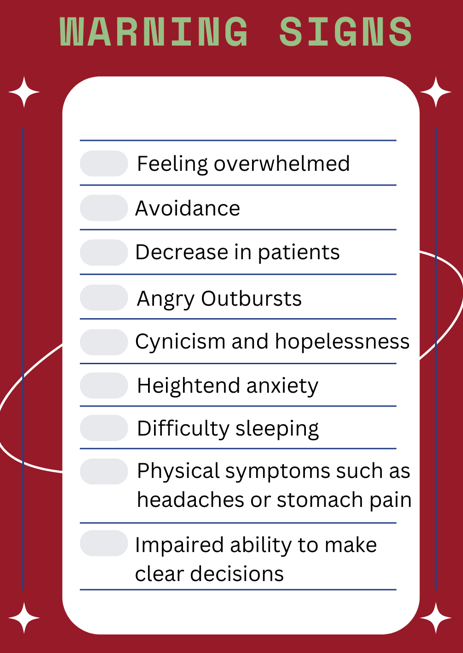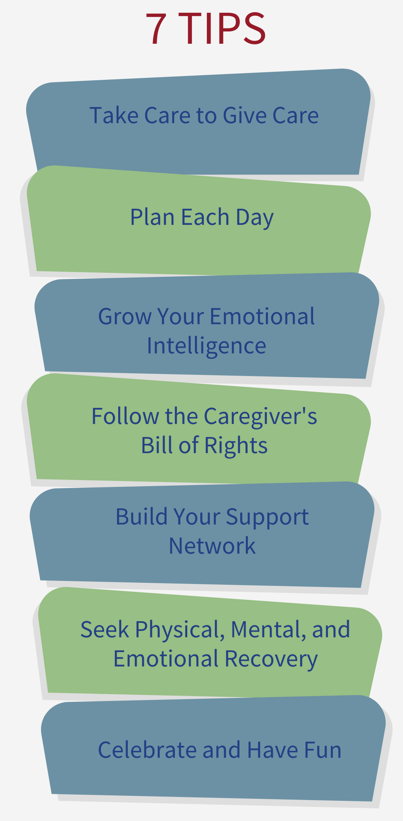We have all heard about caregiver burnout. That moment when you have not focused on your self-care enough and you just need a break (and that’s okay!). What happens when the caregiver continues to ignore their desire for a break? If they continue to push through these challenges they could end up with something called compassion fatigue. Compassion is defined as “feeling and acting with deep empathy and sorrow for those who suffer.” One of the reasons why caregivers have the role they do is because they have compassion and empathy for other people. Over time, when a caregiver is not refilling their cup, they can become numb to compassionate. Which will increase the chance of experiencing compassion fatigue. Compassion fatigue is an emotional, physical, and spiritual distress in those providing care.
Identifying Compassion Fatigue
It is easy to feel guilty about taking care of yourself when you know the person you are caring for needs a little more attention. It is also easy to miss the signs of compassion fatigue and continue living the way you have been. We have gathered some of the bigger signs of compassion fatigue for you.
As you take a look at the list, really listen to your body. If you identify with four or more of these signs then we encourage you to spend a little more time on self-care. Some of these signs are similar to burnout. If left untreated, the symptoms can lead to mental health conditions like depression, anxiety, obsessive-compulsive disorders, and substance use disorders.

Ways To Combat Compassion Fatigue

If you have identified with four or more of the signs above, or just want to prevent the severity of compassion fatigue, you can follow along with these seven ways to combat compassion fatigue.
Take Care to Give Care “My job is to care for, not to be cared for” is a common statement that caregivers express. This could not be further from the truth. You have to fill your cup before you can give the best care.
Plan Each Day There are all sorts of ways to make it easy for you to plan care for yourself and your care recipient. We provided some Caregiving Notebook ideas in a blog post earlier this year.
Grow Your Emotional Intelligence Emotional Intelligence is an up-and-coming phrase that provides an understanding of emotions. If you are interested in learning more about it you can do so by clicking here. You can take a quick quiz to see where you are at
Follow the Caregiver’s Bill of Rights The Caregiver’s Bill of Rights can help a caregiver identify their “emotional load” and get support when they need it.
Build Your Support Network If you need help identifying who is in your support network you can perform a Care Mapping exercise. Through this process, you will be able to identify who you can turn to for support and when they are available.
Seek Physical, Mental, and Emotional Recovery take the time to refresh your body, mind, and spirit by getting proper nutrition, physical activity, and sleep. Find what helps you recover and invest time in those activities.
Celebrate and Have Fun It takes a special, and beautiful, heart to provide great care for someone in need. Once your cup is filled it is easier to celebrate all the little things.

